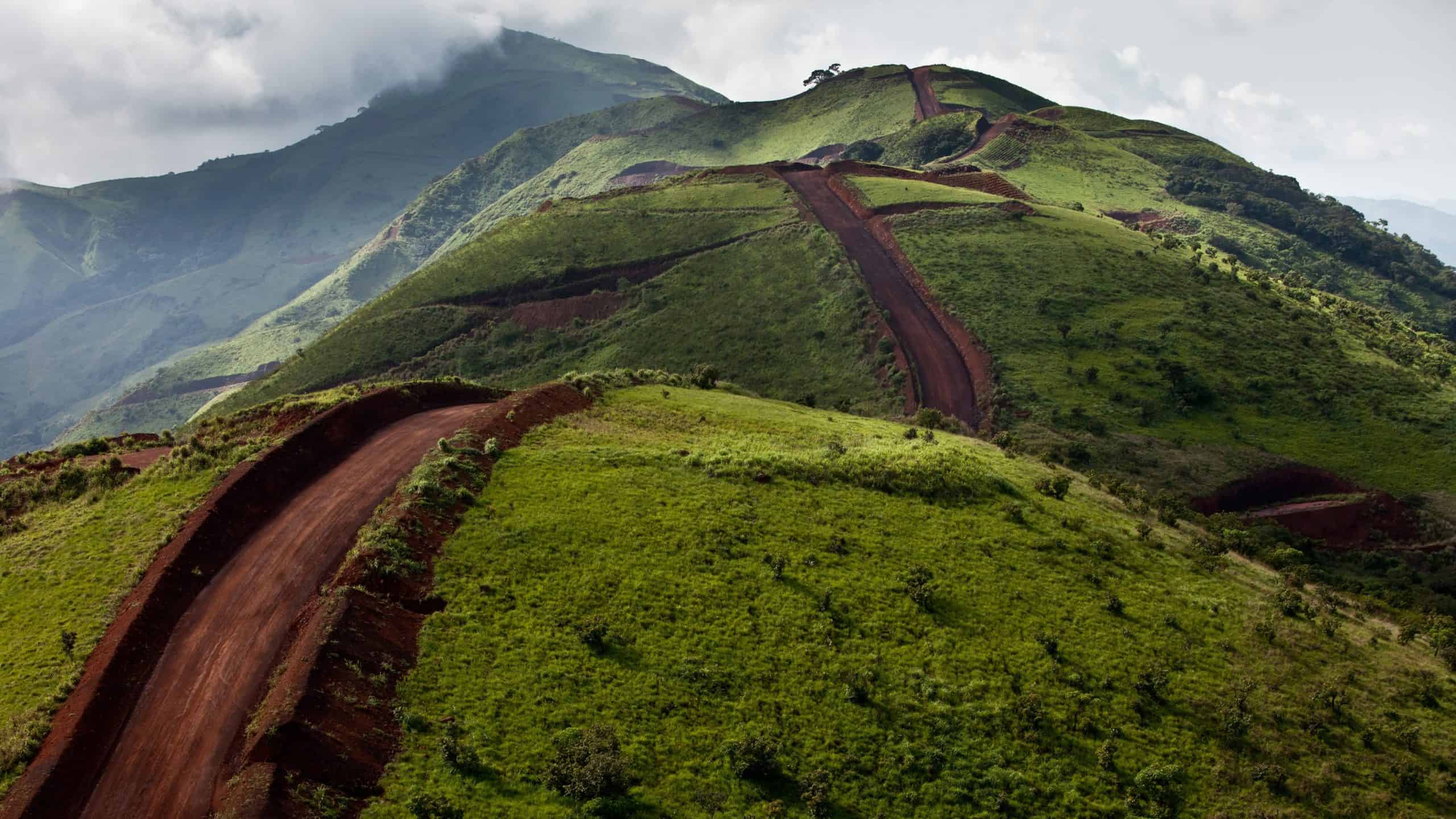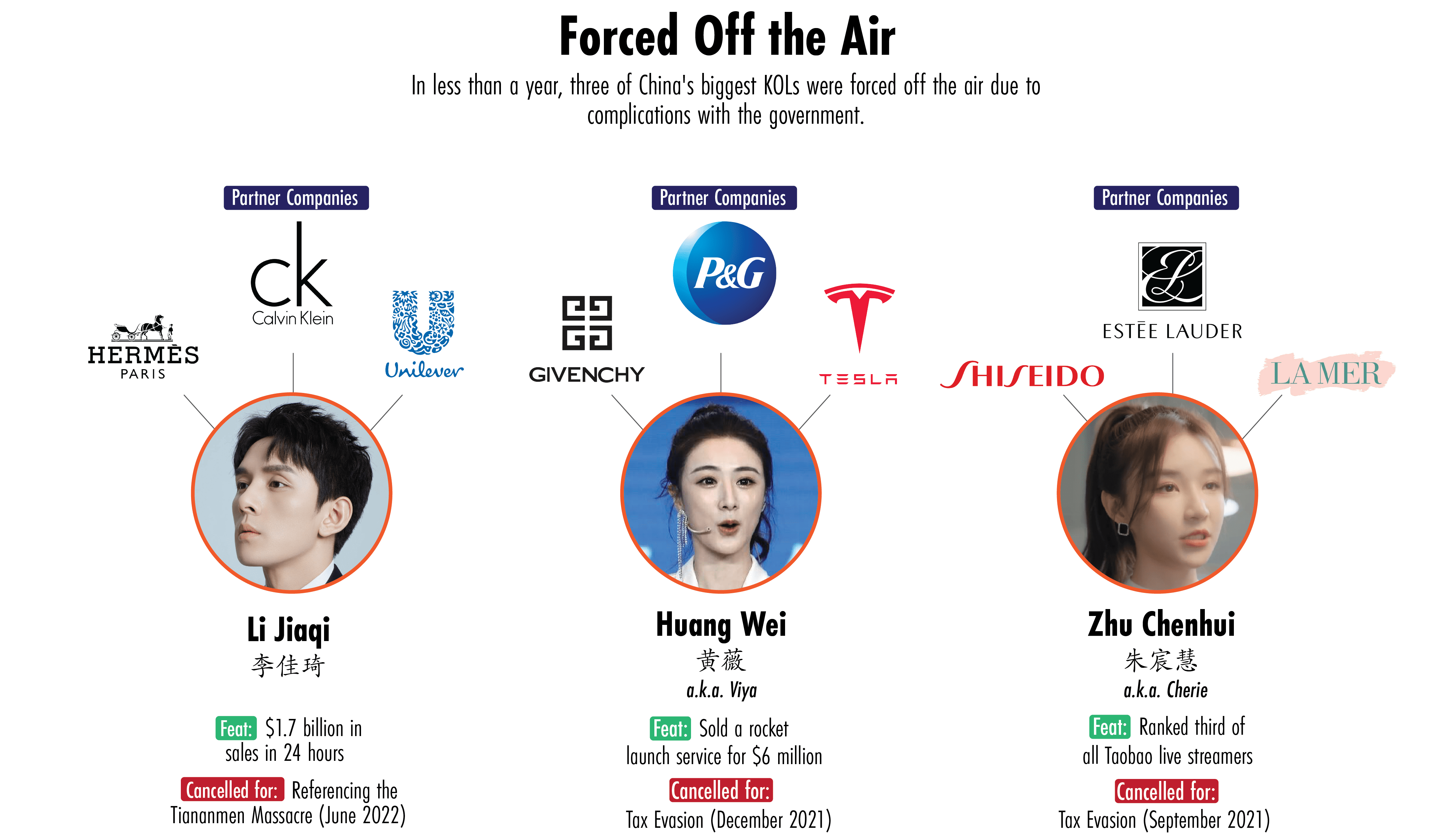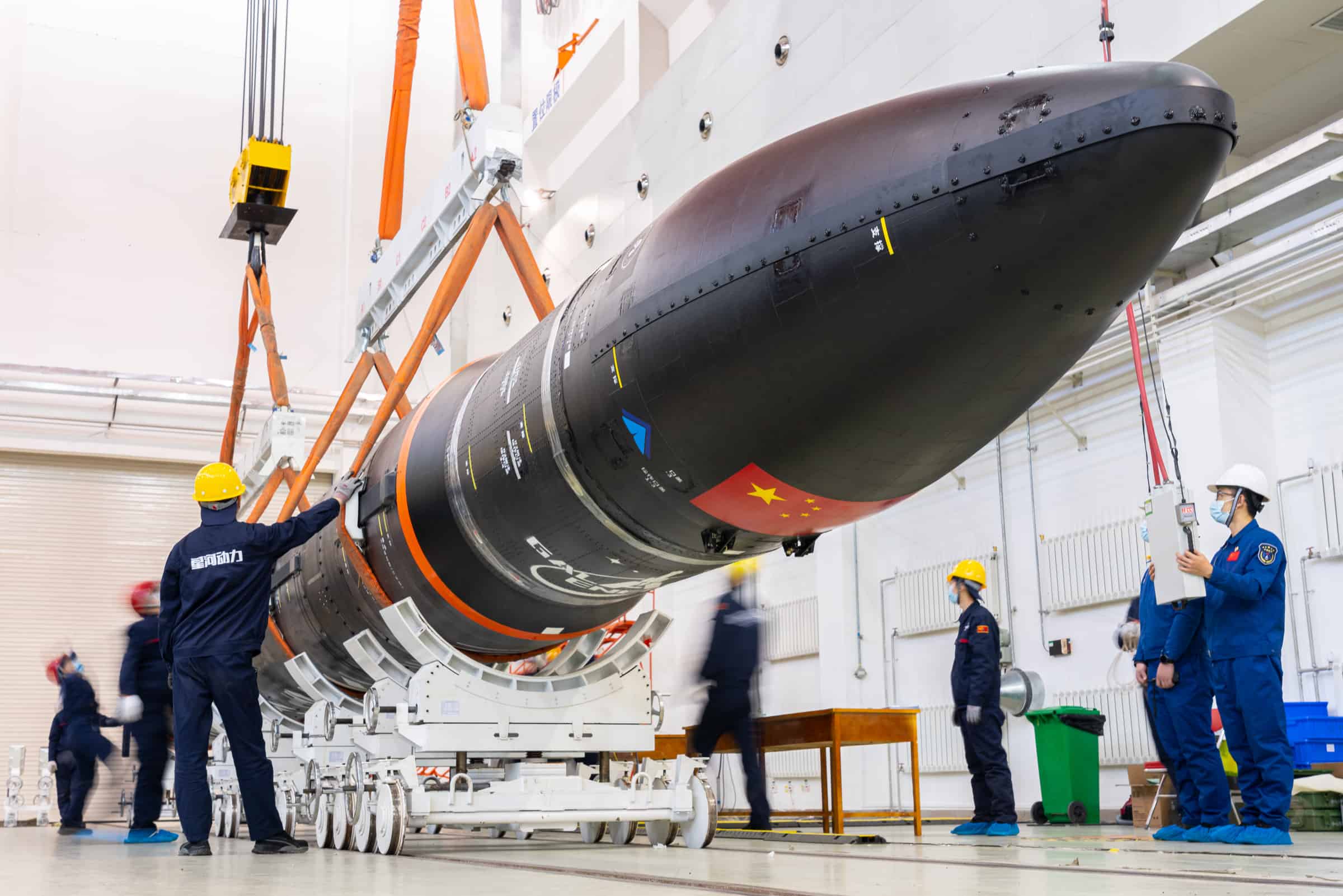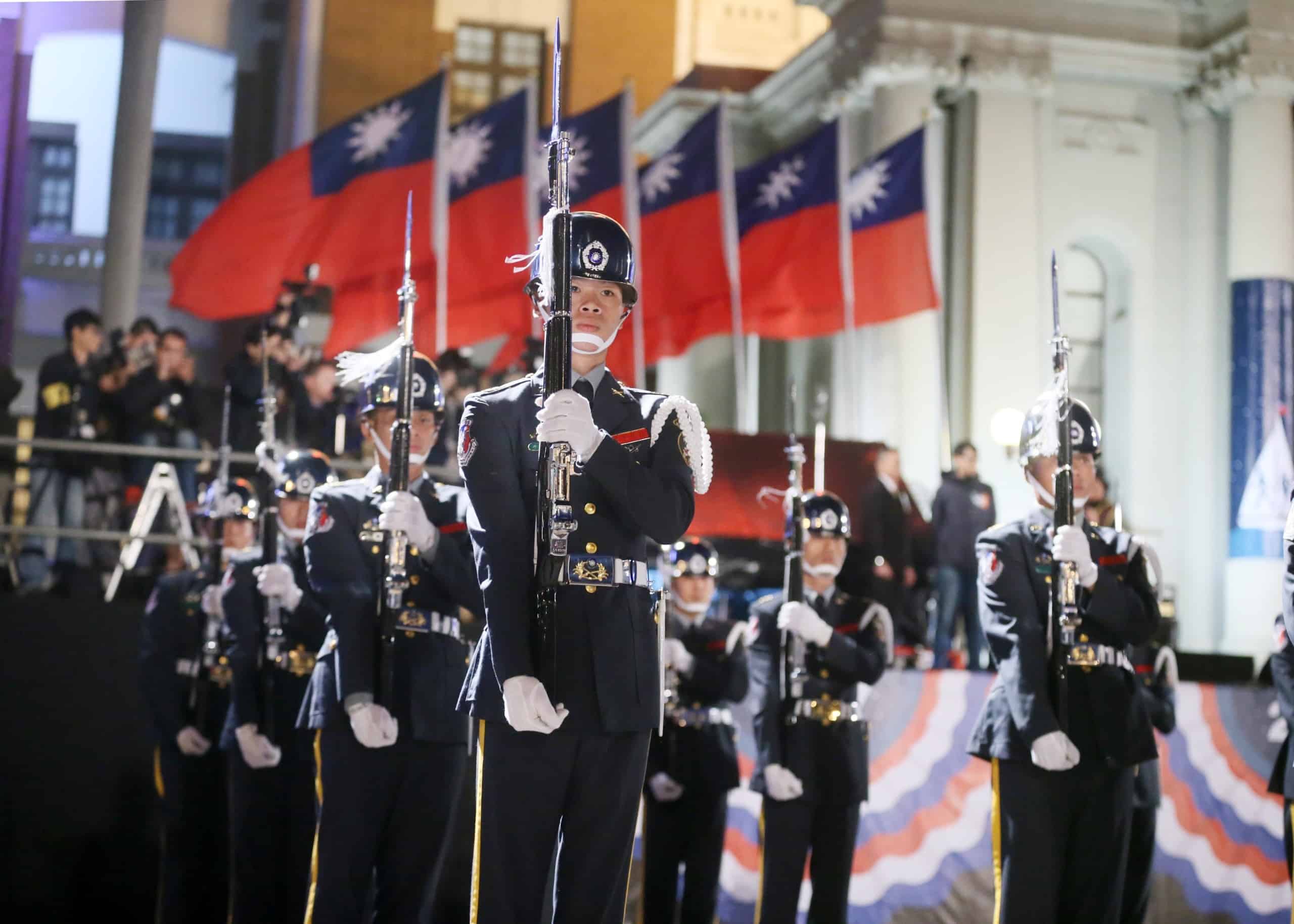Good evening. The relationship between China and Rio Tinto, the British-Australian mining giant, has been nothing if not dramatic and interdependent over the past 20 years. Now, as our cover story shows this week, recent developments by Rio in west Africa hint at even more intrigue in the fraught relationship. Elsewhere, we have infographics on China’s ‘Key Opinion Leaders’, or influencers; an interview with Bonnie Glaser on how to change China’s cost-benefit calculus when it comes to Taiwan; a reported piece on the state of the space race between China and the U.S.; and an op-ed about deterring a Chinese invasion of Taiwan from Koichi Hamada, a special adviser to former Japanese Prime Minister Abe Shinzō. If you’re not already a paid subscriber to The Wire, please sign up here.
Want this emailed directly to your inbox? Sign up to receive our free newsletter.

Iron Promise
Iron ore is an unassuming rock, but it’s processed into steel, the scaffolding of the modern world. China has long been dependent on Australia for this critical natural resource — an uncomfortable reliance that was made worse by the recent deterioration in the China-Australia political relationship. As Isabella Borshoff reports this week, China’s now urgent desire for iron ore diversification could be why British-Australian mining giant Rio Tinto is in the awkward position of pushing ahead on a long beleaguered and nearly impossible project in Africa.

The Big Picture: KOL Crackdown
The sudden online disappearance of three of China’s best known influencers — or Key Opinion Leaders (KOLs) — in recent months has sent a shiver through the industry, while the government’s introduction of a new code of conduct could complicate its future too. This week, our infographics by Garrett O’Brien take a closer look at the world of China’s influencers.
A Q&A with Bonnie Glaser

Bonnie S. Glaser is director of the Asia Program at the German Marshall Fund of the United States, where she focuses on China’s foreign and security policy. Before that, she was a senior adviser for Asia and director of the China Power Project at the Center for Strategic and International Studies in Washington. In this week’s Q&A with Garrett O’Brien, she talks about what deters China vs. what provokes China; why a U.S. trade agreement with Taiwan is justified; Xi Jinping’s Taiwan timeline; and how to change China’s cost-benefit calculus, not its ambitions.
Bonnie Glaser
Illustration by Lauren Crow

The State of Space
China’s arrival as a major player in outer space has set off alarm bells in the U.S. about the two countries’ geopolitical competition spreading to yet another frontier. As Katrina Northrop reports, with China becoming increasingly active in space, questions are now mounting over whether Beijing and Washington can agree on basic rules for them to operate peacefully in the cosmos.

Is Taiwan the Next Ukraine?
Chinese forces may well have to land in Taiwan before the world finds out whether the U.S. is willing to defend the island militarily. But as Koichi Hamada, a special adviser to former Japanese Prime Minister Abe Shinzō, argues in this week’s op-ed, overt military threats are not the only — or even the most effective — way to deter a Chinese invasion.
Subscribe today for unlimited access, starting at only $19 a month.



